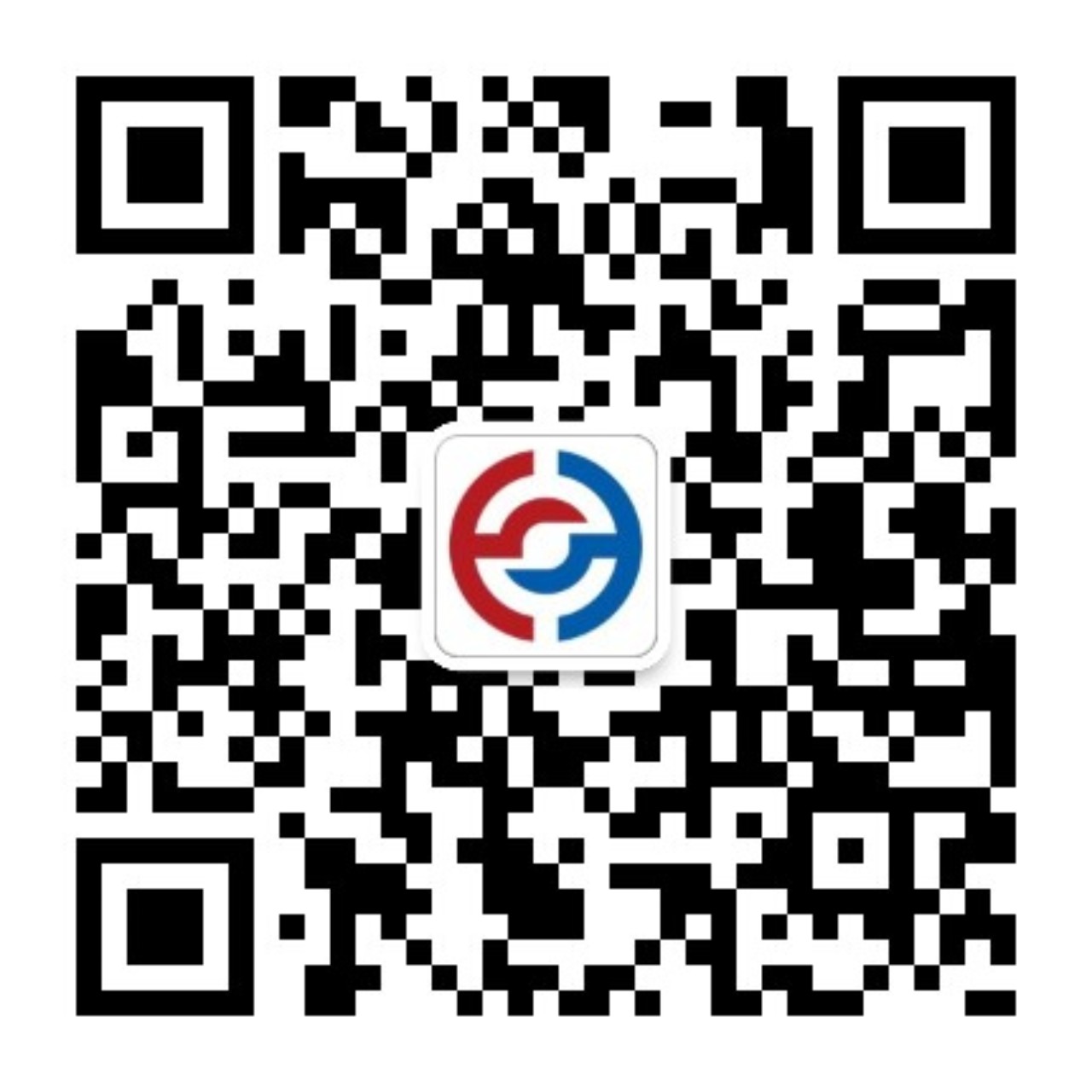尽管美印达成贸易协议,印度卢比仍将保持疲软,区间波动。路透社对外汇策略师的一项调查发现,预计印度卢比在未来几个月内将保持在狭窄的范围内,自2025年初以来,印度卢比兑美元的损失仅收回了一小部分。
Indian rupee forecast to remain weak, rangebound, despite US-India trade deal.The Indian rupee is forecast to remain in a narrow range over the next few months, having clawed back only a fraction of the losses it has racked up against the dollar since early 2025, a Reuters poll of FX strategists found.
